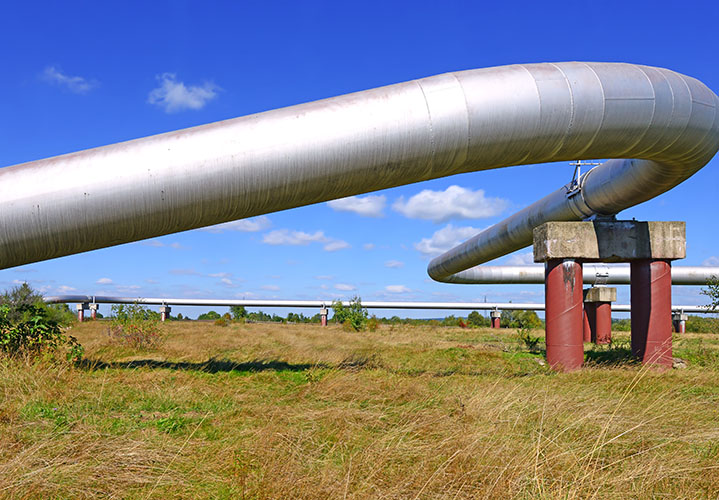In the recent case of International Pipeline Products Limited v IK UK Ltd & Ors [2020] EWHC 1602 (Ch), the High Court reaffirmed the requirement that defendants must show genuine impecunity on the part of the claimant to obtain security for costs.
We consider the rules on security for costs and the impact of the High Court’s decision below.
Security for costs
From the outset of any litigation, the defendant is in an unenviable position in terms of costs. Faced with a claim, it must choose between admitting liability and, usually, paying the claimant or defending its position and incurring the costs of doing so. While the defendant may if successful, recover much of its costs, there is no guarantee that the claimant will be able to pay those costs if ordered to do so.
To avoid such an unfair situation, defendants are permitted to apply for security for costs under CPR 25.12. If satisfied that security should be granted, the court will order the claimant to pay money into court or provide some other form of security for the defendant’s costs. In this way, the defendant can continue to defend its position, safe in the knowledge that if successful it will be able to recover most of the costs incurred in doing so. However, when considering an application for security the court must also be mindful of the effect on the claimant, as ordering a payment to be made at an early stage may put the claimant under unreasonable financial strain or even force it to abandon its claim.
The conditions which must be satisfied
While security for costs can be ordered in various situations, the list of grounds upon which an applicant can rely is set out in CPR 25.13. The most common ground is that there is reason to believe that the claimant will be unable to pay the defendant’s costs if ordered to do so. There is also an overarching requirement in every case that the court must be satisfied, having regard to all the circumstances, that it is just to make the order. Ultimately, the court will juggle its duty to protect defendants from spurious claims by opportunistic claimants, using the court process as a means to exert financial pressure, whilst also ensuring that an application for security is not used to stifle a serious and genuine claim.
The impact of COVID-19 on impecunity
In International Pipeline Products Limited, the defendants applied for security for costs on the ground that the claimant would not be able to pay its costs.
Both the claimant and first defendant were in the industry of maintaining and repairing pipelines for oil and gas. The court had to determine whether there was reason to believe that the claimant would be unable to pay costs of between £800,000 and £900,000 in October/November 2021 (being the predicted costs and judgment date). It was not in dispute that, at the date of the hearing of the application, the claimant was in a position to pay this amount. However, the defendant sought to assert that the claimant’s position would deteriorate to such an extent that by late 2021 it would be unable to pay. The claimant admitted that the pandemic had led to a drop off in inquiries of around 10%, but remained confident that it would continue to trade well.
The defendants presented various reports regarding the economic impact of the pandemic on the oil industry. The judge however noted that none of the witnesses giving evidence were experts. Many of the conclusions reached were conjecture and much of the evidence provided in fact related to the oil exploration industry, an industry in which the claimant was not involved. The court found that the downturn being felt in the exploration industry did not mean that demand for pipes and maintenance of the same would necessarily experience a similar drop, particularly in light of the current global oversupply of oil.
The lack of evidence relating to the claimant’s own financial position was fatal to the defendants’ application. The High Court was not, on the evidence presented, satisfied that there was reason to believe that the claimant would be unable to pay the defendant’s costs if ordered to do so. Upon reaching this conclusion, the court confirmed that it would not have been just in all the circumstances to make an order for security for costs.
Comment
This case affirms the approach taken by the English courts towards applications for security for costs that are based on grounds of impecuniosity. Evidence of general economic downturn in the claimant’s industry will not be sufficient; specific evidence of the claimant’s actual inability to pay the defendant’s costs will be required. While the impact of COVID-19 is clearly relevant and is something the court will give consideration to, it will not, of itself, be enough to persuade a court to order security for costs.

 Adam Creasey
Adam Creasey